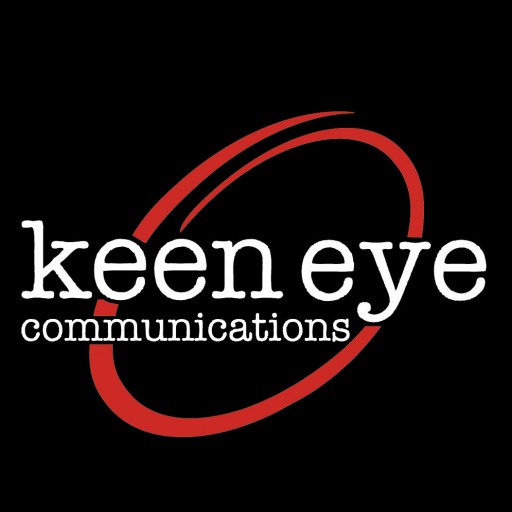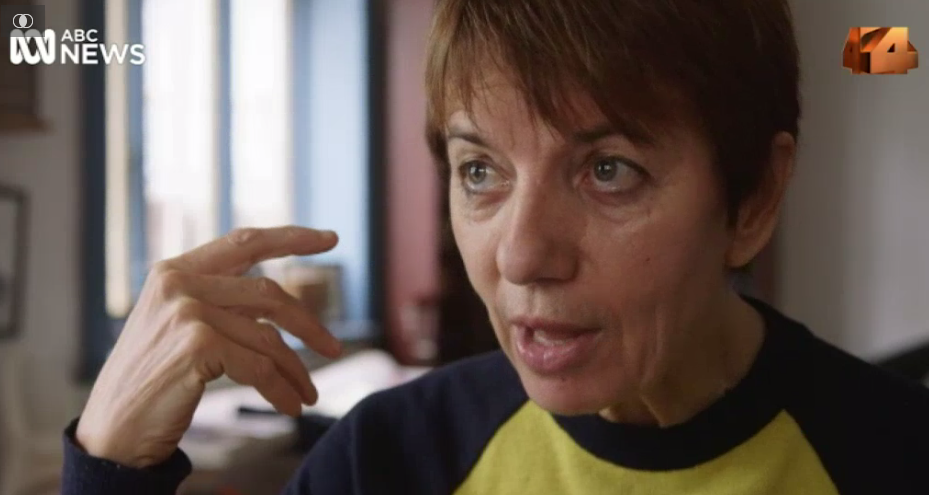Last night, along with thousands of Australian viewers, I watched Four Corners’ special episode, A Sense of Self. I was so physically and emotionally moved by Liz Jackson’s personal account of her life with Parkinson’s disease I was unable to tweet, as would be my customary practice after watching something so deserving of further conversation and high praise. There was so much to say but last night I couldn’t find the words to say it, and 140 characters simply could not do it justice.
For me, this story was an eye-opening account of a disease I knew little about, it was an insight into a journalist for whom I have immense respect and admiration, it was a beautiful love story and, on a personal level – something I could not separate from the viewing experience – it was a heart wrenching reminder of my own mother’s personal battle with brain cancer. The similarities were striking and confronting but the footage was so raw and real I was deeply appreciative of Liz’s selflessness in telling this story; of allowing viewers into her intensely personal space and really showing us what living with a degenerative disease can be like. Helping us understand through unfettered truth.
Liz has spent her distinguished career as a journalist seeking truth, asking people to open up to her and, when necessary, demanding it.
She described this story as her most difficult. I can see why.
Here she is in a unique position of being both reporter and subject. And, in turning the camera on herself, she has demanded the same truth of herself, upholding those journalistic values she has applied to her work all her life – honesty, fairness, accuracy and disclosure, no distortion of the facts.
This reality was hard to watch at times. The audience has only ever known Liz as strong, sharp and controlled. She initially questioned whether she should expose her truth to the world, explaining that the truth “is not always a pretty sight”. To see her vulnerable and scared, in the throes of a panic attack, calling for husband Martin’s help, describing her pain and how she must deal with the anxiety was something that Liz was concerned could change the public’s perception of her.
But Liz need not have feared that she would be pitied or judged. Far from feeling less of her, I think most viewers would be in awe of her bravery and generosity in allowing the camera to capture a glimpse of something so private and, at times, so distressing. Yet at other times – particularly watching the love and devotion of Liz’s family – it was personal in the loveliest of ways. It is a story Liz, as a reporter, had ultimate access to. And by producing it, she has only confirmed her already unquestionable commitment to journalism and its ideals.
Since watching this documentary last night I have carried heavy, stirring emotions that I can’t quite name but which feel like a mixture of empathy, respect and gratefulness.
When my beautiful, intelligent, witty mother was diagnosed with brain cancer she shook her head and said, “Not my brain … anything but my brain.” I know she feared the same thing Liz expressed last night; deep concerns about how the disease would eventually overtake her “sense of self”. And having been on that journey with my mother, through her fear, anxiety, pain – and many happy, funny, crazy treasured moments in between – I can only assure Liz that this sense of self is never lost on others. I hung onto every day I had with my mum, through all the difficult and distressing changes and challenges, and my respect and admiration for her only deepened. I was also privileged to witness the most extraordinary love story between my mother and father throughout that time. It was never about duty. Just love.
I felt last night that though Liz’s documentary, my mother’s story was also being told, along with thousands of others like her. And I’m so grateful for that.
Thank you Liz, and I am sorry that, even at much more than 140 characters today, I am still unable to aptly put into words how much your story impacted me and how much I appreciate you applying your well-polished craft to this important truth. You have told it in a painful, beautiful, informative, memorable way. I hope it will inspire other like-minded journalists in the future to do the same. – Fiona West

